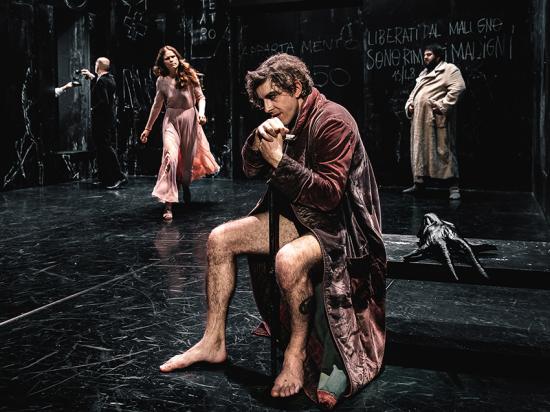 ©Guido Mencari
©Guido Mencari
-
Funambulatory, pyrotechnical, grotesque, sublime, disturbing and magical, The Master and Margarita by Bulgakov comes to the theatre.
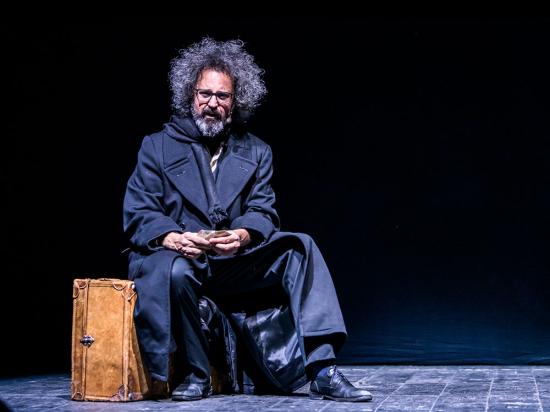 © Simone Di Luca
© Simone Di Luca
-
The drama of the Italians forced into exile from Istria and Dalmatia told through the words and music of Simone Cristicchi
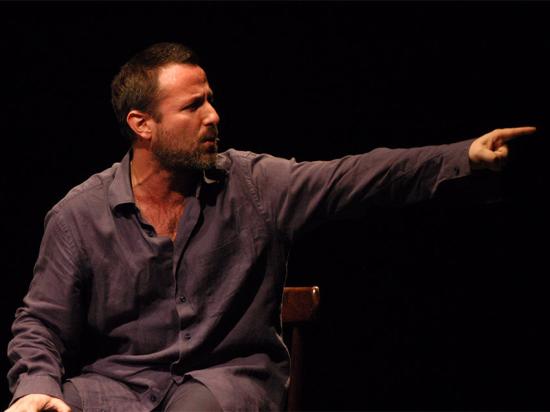 ©Giuseppe Distefano
©Giuseppe Distefano
-
Davide Enia tells of 1943m a crucially important year for Palermo and its people, discovering that those dark times tragically resemble our present.
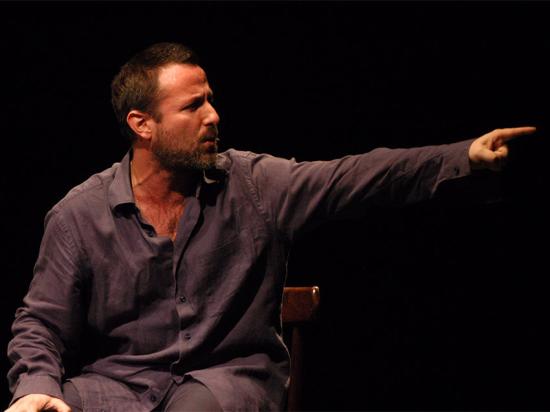 ©Giuseppe Distefano
©Giuseppe Distefano
-
Davide Enia tells of 1943, a crucially important year for Palermo and its people, discovering that those dark times tragically resemble our present.
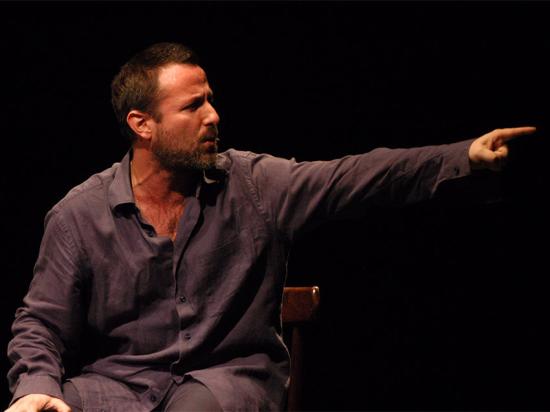 ©Giuseppe Distefano
©Giuseppe Distefano
-
Davide Enia tells of 1943m a crucially important year for Palermo and its people, discovering that those dark times tragically resemble our present.
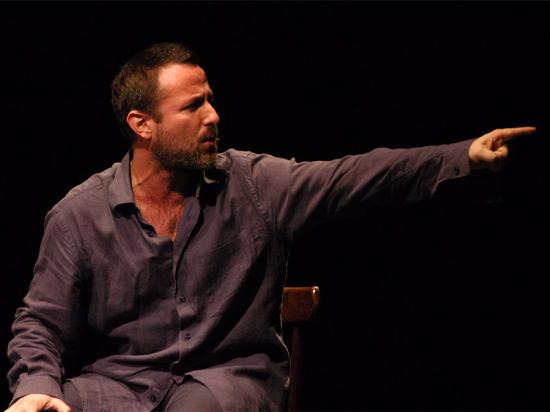 ©Giuseppe Di Stefano
©Giuseppe Di Stefano
Davide Enia tells of 1943, a crucially important year for Palermo and its people, discovering that those dark times tragically resemble our present.
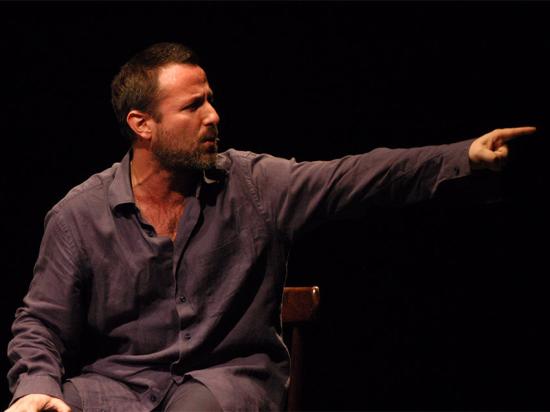 ©Giuseppe Distefano
©Giuseppe Distefano
Davide Enia tells of 1943, a crucially important year for Palermo and its people, discovering that those dark times tragically resemble our present.
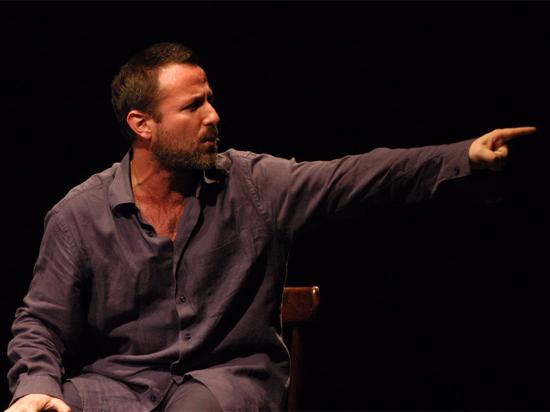 ©Giuseppe Distefano
©Giuseppe Distefano
Davide Enia tells of 1943, a crucially important year for Palermo and its people, discovering that those dark times tragically resemble our present.
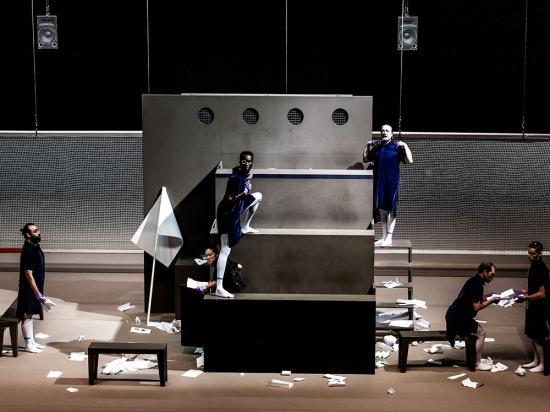 ©Peter Hönnemann - Kampnagel
©Peter Hönnemann - Kampnagel
Mal – Embriaguez Divina
FESTIVAL “PRESENTE INDICATIVO”
-
Montero Freitas reflects on the concept of evil in contemporary society, which sacrifices freedom for a sense of protection against a fearsome “Other”
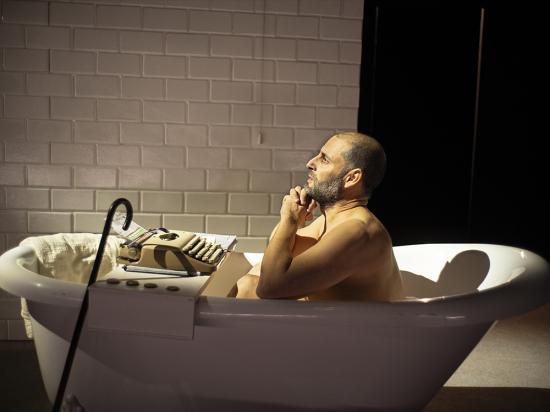 © Luca Del Pia
© Luca Del Pia
-
Directed by Andrea Chiodi, Tindaro Granata and Lucia Lavia perform in the last, irresistible play by Molière
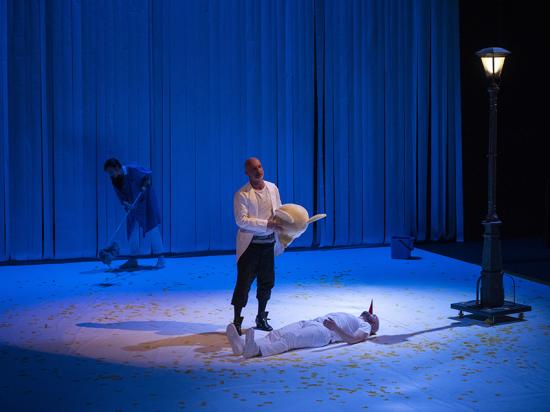 ©Masiar Pasquali
©Masiar Pasquali
-
Based on an episode from Pinocchio by Collodi, Roberto Latini’s new study on theatre and its farces.
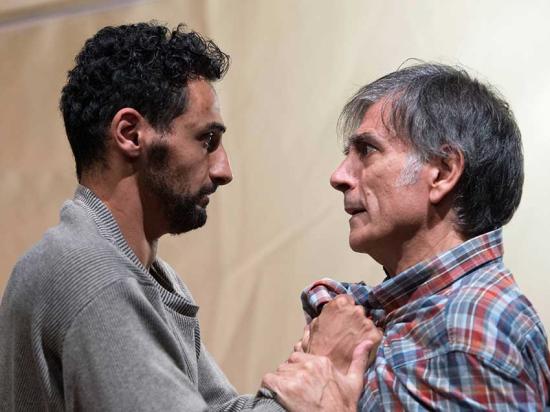 ©Tommaso Le Pera
©Tommaso Le Pera
-
A Western Christian and a Muslim migrant are victims of an earthquake. This is La Ruina’s unique take on immigration.
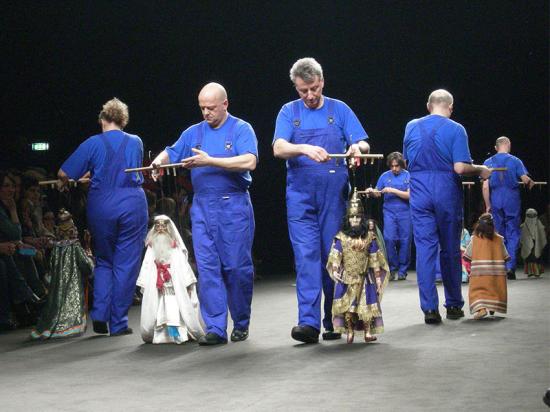
-
A unique setting, with the puppeteers visibly moving the characters. A creation that brings together scenes from the most-loved plays.
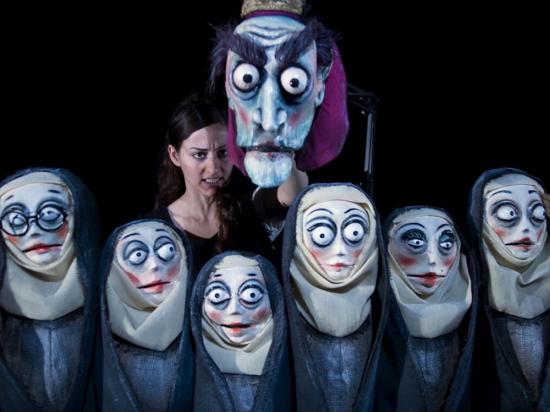
Marta Cuscunà
La semplicità ingannata
-
A satire on the luxury of being a woman, loosely based on Arcangela Tarabotti and the story of the Nuns of the Saint Clare in Udine.
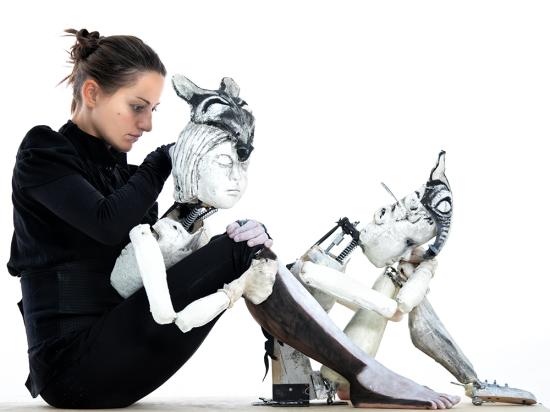 ©Daniele Borghello - Foto di Daniele Borghello
©Daniele Borghello - Foto di Daniele Borghello
Marta Cuscunà
Il canto della caduta
-
Marta Cuscunà goes back to an ancient epic story from the popular traditions of the Ladini: the myth of Fanes.